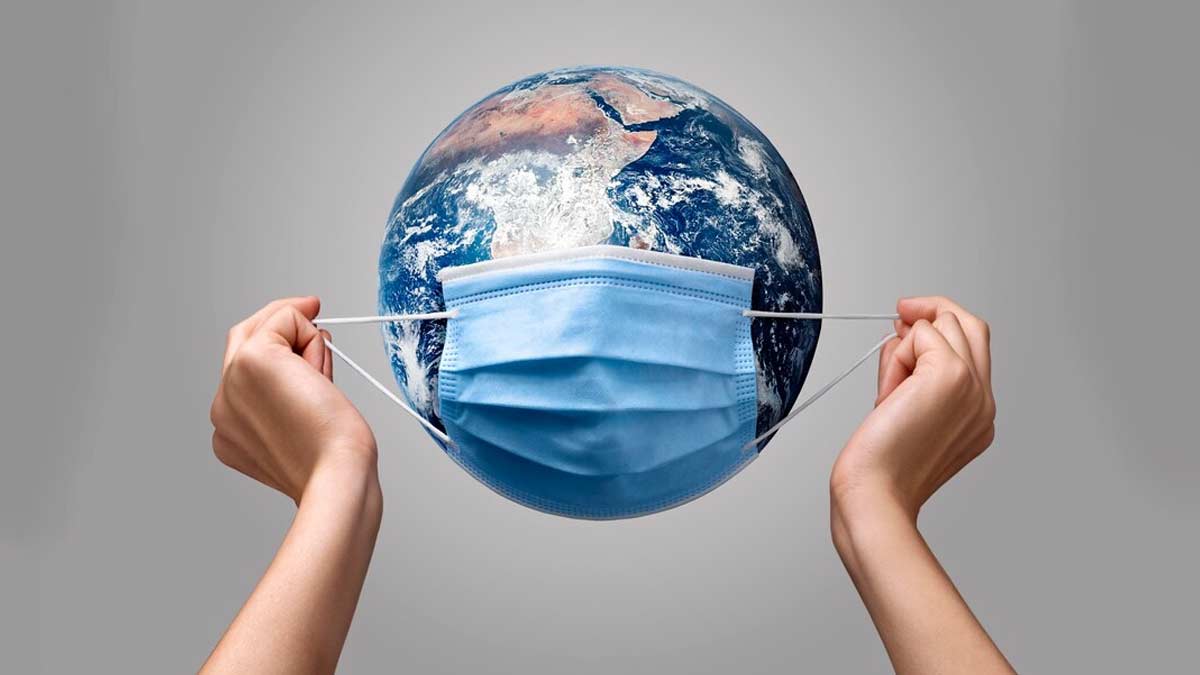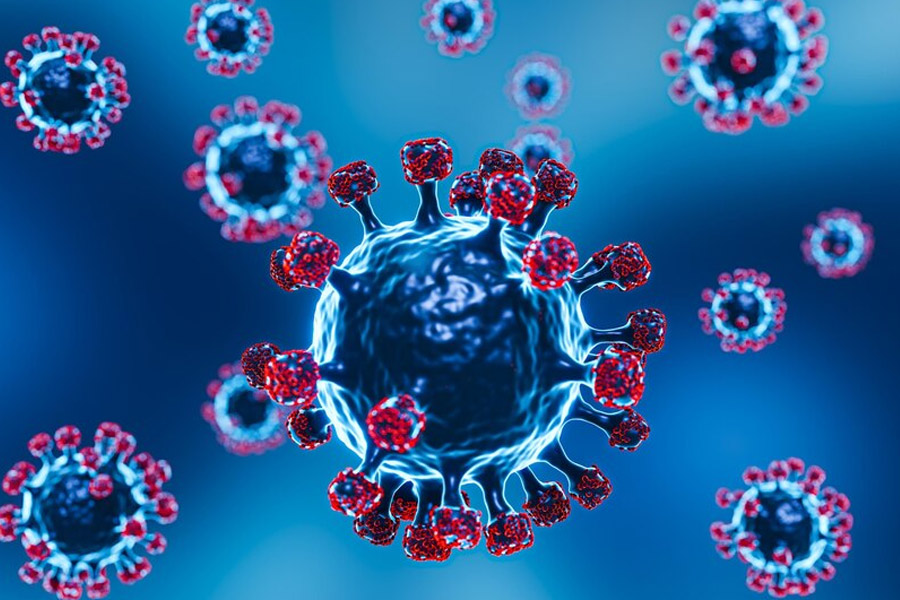
In a stark warning, the World Health Organization (WHO) has raised the alarm about a potential new pandemic named 'Disease X,' believed to be 20 times deadlier than COVID-19. Urging global cooperation, WHO's Director-General Tedros Ghebreyesus called for the signing of a 'pandemic treaty' to combat this ominous threat. Let’s delve into the urgent need for preparedness, the enigmatic Disease X, and the WHO's strategic initiatives to tackle the looming crisis.
Table of Content:-
The Call for a Pandemic Treaty
Speaking at the World Economic Forum in Davos, Tedros Ghebreyesus stressed the imminent threat posed by Disease X, emphasizing the need for countries to unite in signing a 'pandemic treaty.' The proposed treaty aims to create a global framework for managing future pandemics, acknowledging the unpredictable nature of diseases like Disease X.

Understanding Disease X
Disease X isn't a specific illness but a term assigned to a potential novel infectious agent, currently unknown but carrying the potential for severe microbial threats. Dr RR Dutta, HOD Internal Medicine, Paras Health, Gurugram, explains that labelling it 'Disease X' prioritizes preparations for a disease without vaccines or treatments, envisioning a severe epidemic. The focus lies on its potential lethality, raising concerns about its impact compared to known infections.
Also Read: Expert Shares Long COVID Warning Signs You Must Know
Disease X's Potential Impact
The WHO's warning about Disease X suggests it could be 20 times deadlier than COVID-19. With COVID-19 claiming approximately seven million lives globally, experts project Disease X to be even more catastrophic, potentially causing an estimated 50 million fatalities worldwide.
Davos Summit: Preparing for Disease X
Healthcare experts at the Davos summit stressed the importance of proactive research and preemptive measures to save lives and costs. WHO Director-General Tedros Adhanom Ghebreyesus highlighted ongoing WHO initiatives, including a pandemic fund and a 'technology transfer hub' in South Africa, fostering local vaccine production and addressing vaccine inequity.
Preparing for a Pandemic: International Cooperation Is Key
Preparedness involves international cooperation, research and development, and country-level initiatives like response plans. Strengthening existing systems and testing new ones before a pandemic are recommended by the European Centre for Disease Control and Prevention. Increased surveillance of diseases is vital to swiftly detect novel pathogens.
Also Read: Why COVID-19 Cases Start To Rise With Winter Onset: Expert Explains
Reducing Costs and Enhancing Preparedness
A study supported by the Gates Foundation-backed organization, Resolve to Save Lives, indicates that global investments of $124 billion over five years could significantly enhance preparedness. This preventive approach aims to reduce the massive economic costs associated with pandemics, such as the $16 trillion impact of COVID-19 on the world.
Bottomline
As the world grapples with the aftermath of COVID-19, the WHO's call for global preparedness against Disease X becomes an urgent rallying cry. A 'pandemic treaty,' proactive measures, and international cooperation offer a blueprint to navigate the uncertain terrain of potential pandemics. The question remains: Will nations come together to fortify humanity against the looming spectre of Disease X? The answer may well determine our collective resilience in the face of the unknown.
Also watch this video
How we keep this article up to date:
We work with experts and keep a close eye on the latest in health and wellness. Whenever there is a new research or helpful information, we update our articles with accurate and useful advice.
Current Version